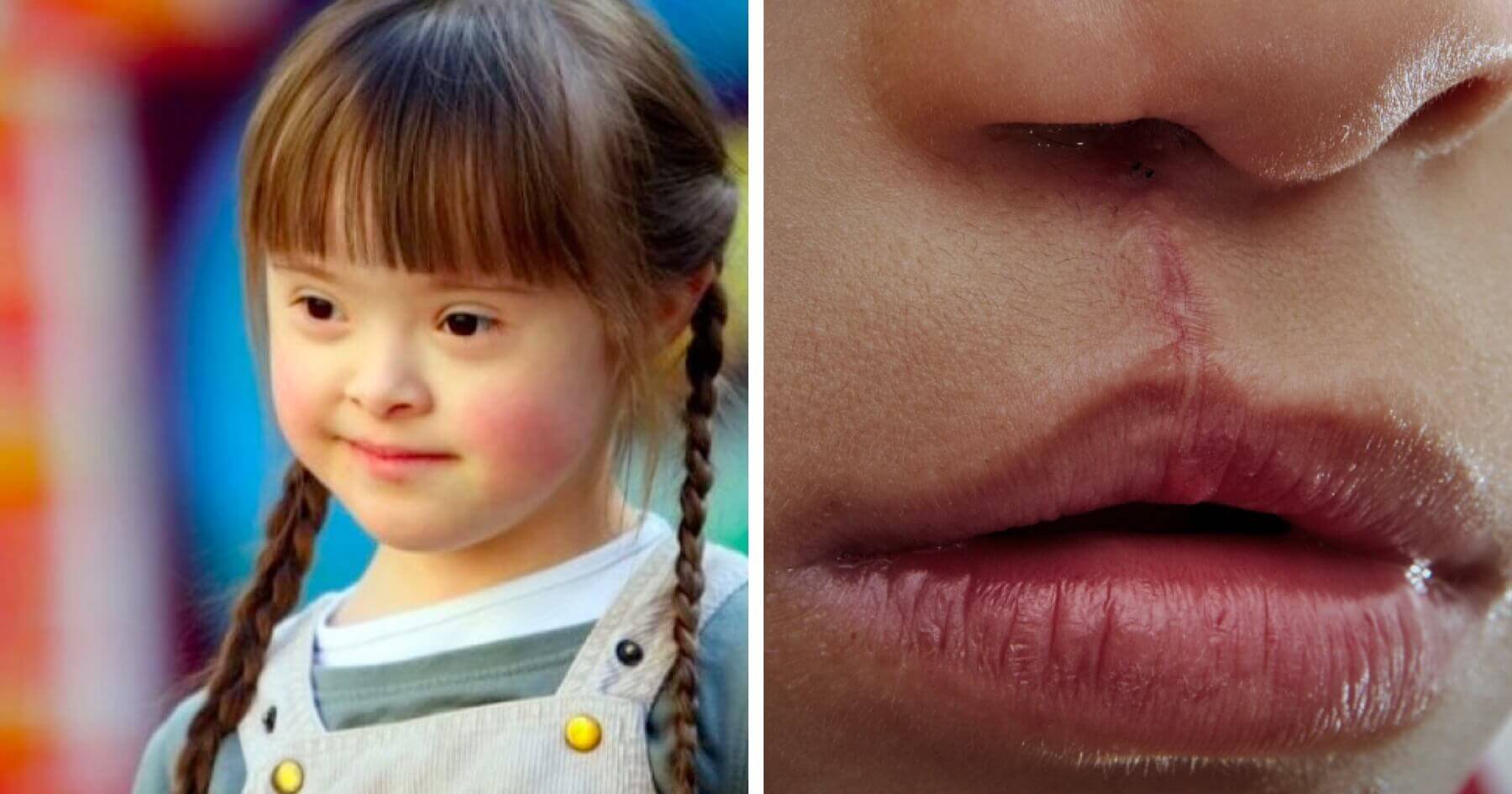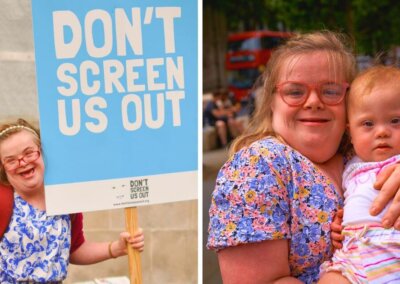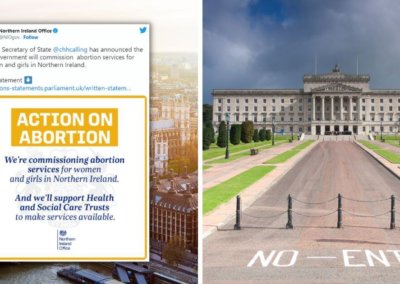Over 25,000 people have signed a petition calling on political leaders in Northern Ireland to vote for a Bill which would prevent babies with disabilities including Down’s syndrome, cleft lip and club foot from being aborted up until birth.
The Severe Fetal Impairment Abortion (Amendment) Bill will be voted on by Members of the Legislative Assembly (MLAs) on Monday.
The Bill seeks to amend the current Abortion (Northern Ireland) (No.2) Regulations 2020, which permit abortion up until birth based solely on the diagnosis of a disability including Down’s syndrome, cleft lip, cleft palate or club foot.
Strong support from the disability community
In February this year, Paul Givan MLA introduced the Severe Fetal Impairment (Abortion) Bill. Since then it has received a huge level of support with 1,608 people with Down’s syndrome and their families signing an open letter to the Assembly urging them to vote in favour of the bill.
On Thursday 11th March, disability rights campaigner, Heidi Crowter, has told the Health Committee of the Northern Ireland Assembly that the abortion legislation in the region “tells me and other people with Down’s syndrome that we are worth less than those without disabilities”.
Crowter told the Committee: “The law in Great Britain, and now sadly the law in Northern Ireland, tells me and other people with Down’s syndrome that we are worth less than those without disabilities. That is why I want my voice to be heard and the laws to be fairer”.
“My husband also has Down’s Syndrome and I value him and I think society should too. The law makes me feel very sad it is saying that I, and people like me, may as well have not been born”.
Paul Givan MLA said: “This Bill provides the Assembly with the opportunity to amend the current regulation and to send a clear message to people like Heidi, with a condition like Down’s Syndrome, their families, friends and wider society, that Northern Ireland will not tolerate disability discrimination and they are equally valued”.
Right To Life UK spokesperson, Catherine Robinson, said: “The very large number of signatures on the petition demonstrates that there is widespread support for this important law change.
“The discrimination against people with disabilities in the womb is disgraceful. That this would be written into law is even worse. It is no wonder that the UN Committee on the Rights of Persons with Disabilities have consistently criticised countries which provide abortion in a way that distinguishes between fetuses on the basis of disability, and has specifically suggested they amend abortion legislation to clarify that abortion should not be legal for disability reasons”
“Abortion is permitted up to the 24th week of gestation for babies without disabilities, but it is permitted up to birth for babies with disabilities. This double standard unambiguously reveals a deep prejudice against people with disabilities. Testimonies from families who have a child with Down’s syndrome also suggest that fear, based largely on a lack of understanding about the condition, is a significant driving force behind such legislation”.
“As the lives of people with Down’s syndrome and other disabilities illustrate, living with such a condition is no barrier to living a full life”.












